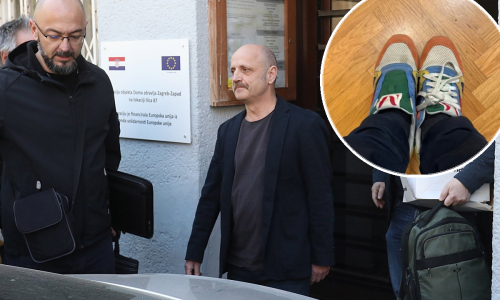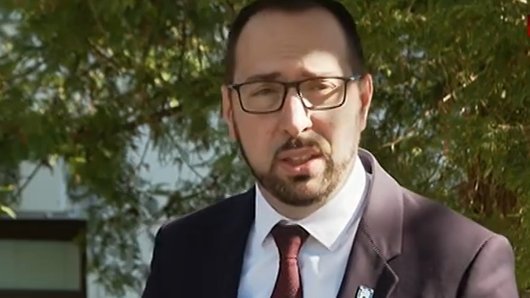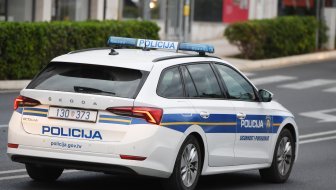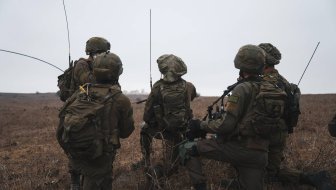Homophobic violence at the Gay Pride parade in Croatia's largest coastal city of Split last Saturday was an isolated incident which can happen in every European Union member-state and it is unfair of representatives of some member-countries to criticise the future EU member state for that, members of the European Parliament said on Wednesday.
I am not happy about the incident, but incidents of that kind happen in all member-states and it is unfair that representatives of a country where a negative attitude towards the EU is being created, are hindering and criticising Croatia's admission. One should be sensible and objective and not use such incidents against Croatia, the European Parliament's rapporteur for Croatia, Hannes Swoboda, said at a conference on Croatia on the threshold of the EU.
German MEP Doris Pack shared his opinion.
Such things happen. This is not Croatia's omission, it is the problem of people who do not know how to deal with and behave towards people with a different sexual orientation. The only thing that can be done is to arrest and punish the rioters, Pack said.
Dutch Ambassador to Croatia Stella Ronner-Grubacic said after the Split riots that developments at the gay parade were proof that Croatia should be monitored until its entry into the EU and that her country would insist on closely monitoring how Croatia was fulfilling its obligations.
Asked to comment on the response of the state authorities to the violence in Split, Swoboda said that according to his information, both the government and the Opposition had said that such behaviour could not be tolerated.
Attending the Brussels conference, Croatian Foreign Ministry State Secretary Andrej Plenkovic said that both the government and the president of the republic had condemned the incidents in Split and that the police were doing their part of the job. He reaffirmed that Croatia would do all it could to prevent such events from recurring.
As for the monitoring mechanism, to be in place from the conclusion of the negotiations until Croatia's entry into the EU, both Swoboda and Pack said it would be useful both for Croatia and the EU.
Croatia has done much in the adoption of laws and now they should be implemented, which is what will be monitored and I am sure that Croatia will do it. It is important for the public in Europe that the monitoring mechanism is in place until Croatia's admission to the EU, and when Croatia becomes an EU member, the same rules will apply to it just as to other member-states, said Swoboda.
Pack said that the European public was not inclined to enlargement, which she said had nothing to do with Croatia but was rather a repercussion of the mistake made with the premature admission of Bulgaria and Romania.
We are cautious because of our electorate, as not all of them are in favour of enlargement. Although most of them support Croatia, many voters find enlargement undesirable. I do not think that monitoring is bad and I doubt that anybody could be better prepared for EU membership than Croatia is now, the German politician said.
Swoboda expected the European Parliament to thoroughly consider a treaty on Croatia's accession so as to send out a strong message to member-states' national parliaments which should ratify the document.
The European Parliament is expected to greenlight the accession treaty and the Austrian MEP expects this to happen in October or November. The treaty of accession can be signed after it is approved by the European Parliament and the European Commission.
Neither Swoboda nor Pack expect any major problems with the ratification of the document.
Today's conference was organised by the Trans European Policy Studies Association (TEPSA), the Institute for International Relations, the Konrad Adenauer Foundation and Croatia's foreign ministry. The event drew some 100 participants.





































